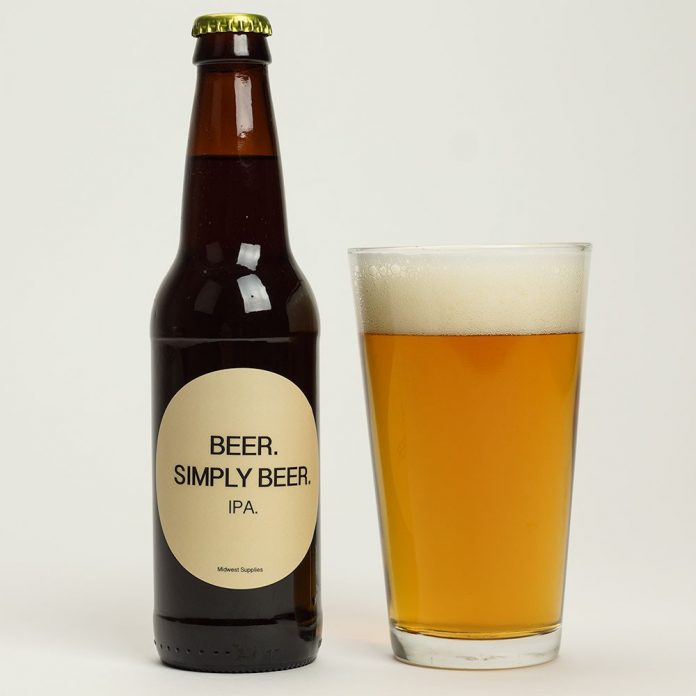You probably have heard the term IPA from time to time. If you’re not a big beer drinker, you may be asking yourself “what is an IPA?”
This acronym stands for India Pale Ale, and it is currently the most popular style of beer in the increasingly growing craft beer industry. According to Brewers Association, in 2014, 21 percent volume share of craft beer was the style IPA, and it continues to grow while sub styles begin to branch off allowing the industry to continue its steady growth.
But where did this extremely popular style of beer even come from and why is the story so unknown?
India Pale Ales were first developed in the late 18th century and were the answer to the overwhelming desire for ale by the quickly expanding British Empire in India. With the weather in India being more than undesirable for brewing, a London based brewer cultivated a higher alcohol “strong style” ale, used an overwhelming amount of hops, packaged the beer into barrels and sent it on a six month journey past the southern tip of Africa, finally arriving to a warm welcome by British troops in India. Once this concoction was finally served, it was found that the beer had not only survived the journey intact and had not spoiled, but had improved immeasurably.
You are probably asking yourself, “how could a beer last six months, in a barrel, on a ship, in heat, in the 1700’s?” The increased hop content in the beer not only contributed various earthy flavor and aromas, but also preservative and antibacterial properties to the beer, as well. The hop flowers that are used in the brewing process contain an oil called Lupulin. This oil contains preservative, antibacterial, and antioxidant properties which allow for stability in the highly traveled beer.
With the evolution of refrigeration, India Pale Ales slowly faded away, but with the birth and extreme growth of the American craft beer market, they have taken center stage. Visit your local brewpub and taste a piece of history. You never know, you might be a hop head, too!



